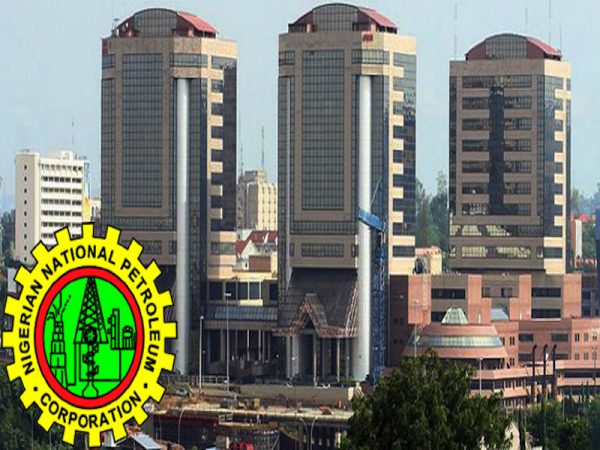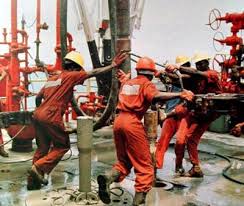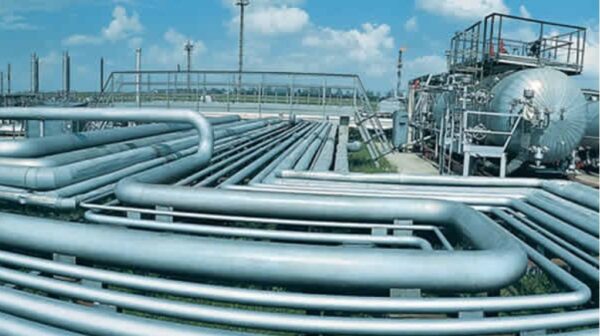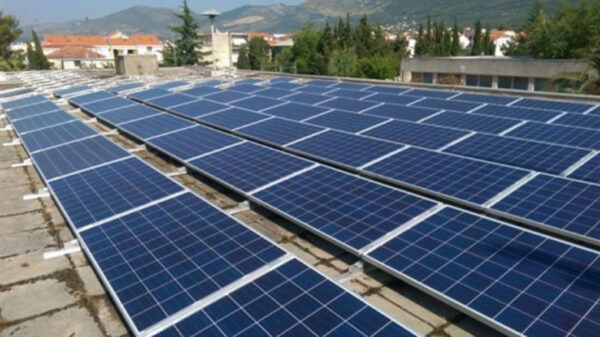NNPC increases June selling prices of crude oil

The Nigerian National Petroleum Corporation has increased prices at which the country’s crude oil grades will be sold next month.
The country’s July crude oil loading programmes showed higher output on key grades on Tuesday after the country reduced its production in May and June to meet the output cut deal led by the Organisation of Petroleum Exporting Countries, according to Reuters.
The NNPC was reported to have raised June official selling prices on Friday for both Bonny Light and Qua Iboe crude oil to dated Brent minus $1.05 per barrel.
The May differential for Bonny Light was dated Brent minus $3.95 per barrel and for Qua Iboe, minus $3.92.
Export of Nigeria’s key crude oil grades, Forcados and Qua Iboe, will jump in July, while Bonny Light will edge slightly lower, loading programmes showed on Tuesday.
Forcados crude oil exports are set to jump to 272,000 barrels per day in July, from 190,000 bpd in June, while Qua Iboe will load at a rate of 215,000 bpd in July, up from only 95,000 bpd in June.
The Agbami and Escravos programmes will have five cargoes each in July.
The country’s Bonga crude oil export terminal has begun a two-week routine maintenance, which began on May 21, according to the operator, Shell.
In a related development, the global energy investment is expected to plunge by 20 per cent, or almost $400bn, in 2020 as the COVID-19 crisis risks slowing the world’s transition to cleaner and sustainable energy systems, according to the International Energy Agency.
The IEA, in its World Energy Investment 2020 report released on Wednesday, said through a combination of falling demand, lower prices and a rise in non-payment of bills, world energy revenues flowing to governments and industry would shrink by well over $1tn this year.
“The historic plunge in global energy investment is deeply troubling for many reasons. It means lost jobs and economic opportunities today, as well as lost energy supply that we might well need tomorrow once the economy recovers,” said the IEA’s Executive Director, Fatih Birol.







